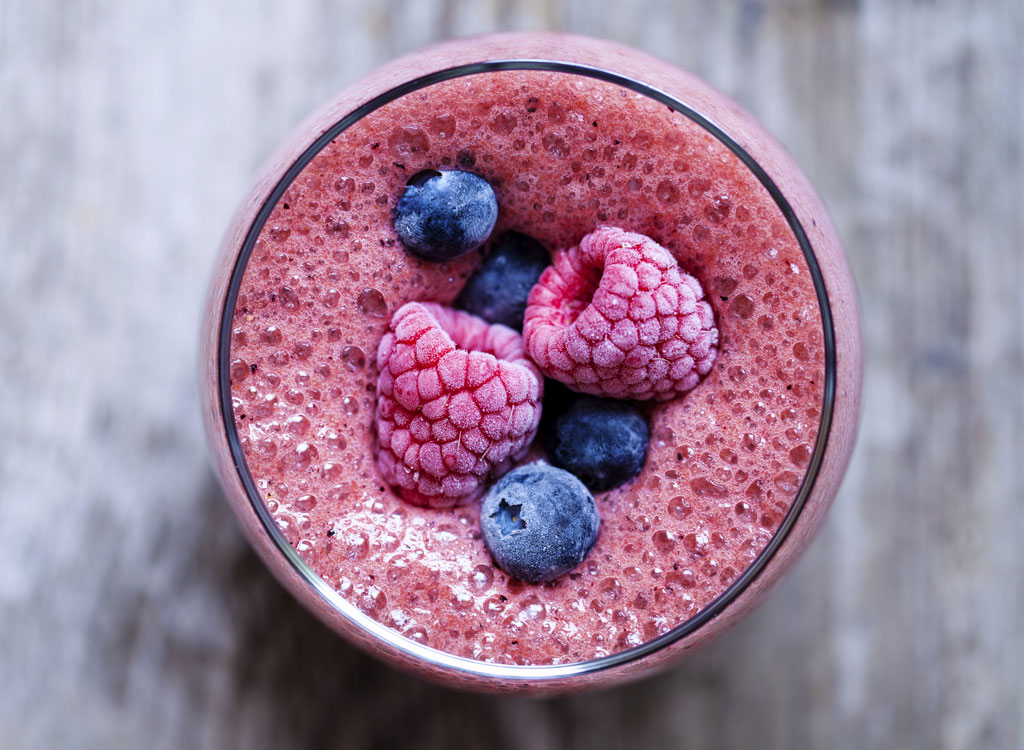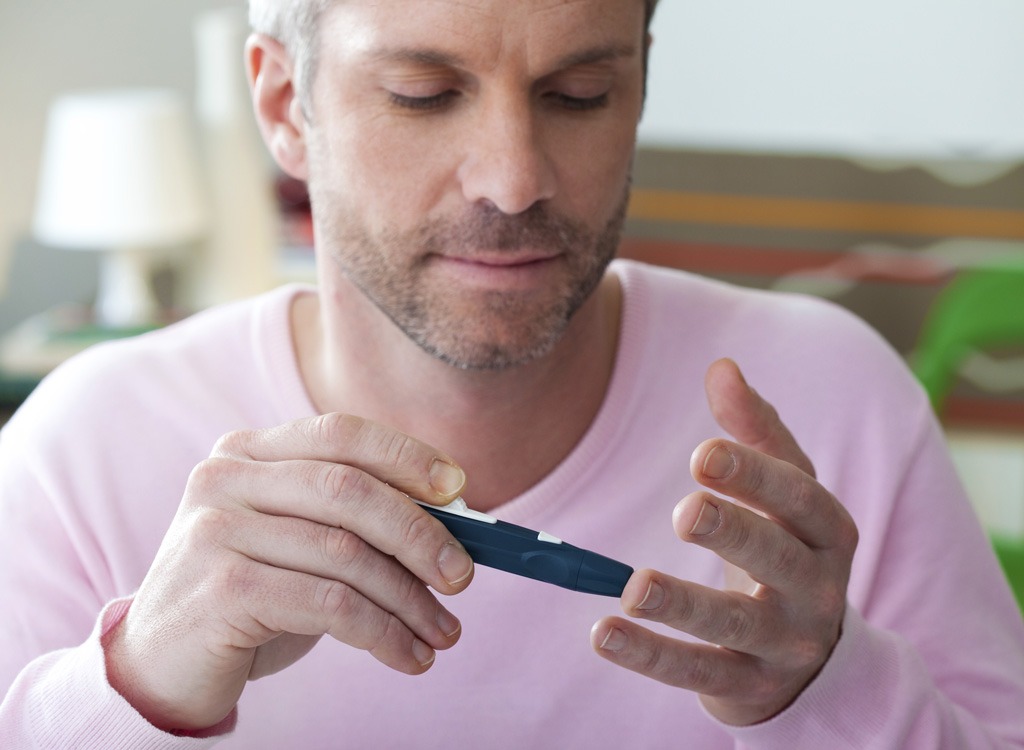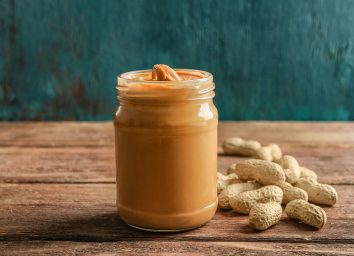8 Ways Cutting Out Added Sugars Changed My Life

A simple blood test changed my life. The results revealed something about me that I didn't know or would never have guessed: I had a problem with sugar. My doctor told me I had prediabetes. A prediabetes diagnosis meant my blood sugar level was higher than it should be but not high enough to be classified as type 2 diabetes.
I exercised, cooked at home, and stayed healthy all my life, but then, I discovered a hidden danger lurking in my kitchen: added sugars. They were in everything from my pasta sauce to my bread to my cereal. I vowed to give them up—and doing so had a snowball effect on my entire life.
Everything you do to prevent the progression of prediabetes will help you look and feel better and perform at your best. Eating healthier will encourage you to be more active. You'll handle stress better, improve your sleep habits, and feel more optimistic about life. I know because it happened to me. I gave up added sugars and wrote The 14-Day No Sugar Diet, which will help you live a happier and healthier life. Read on to find out what happened to me.
I Curbed Cravings and Felt Fuller Longer

Nutrition researchers from the University of Copenhagen found that basing meals around high-fiber plant foods like those used in The 14-Day No Sugar Diet meal plan improved feelings of satiety. This means you should fill up with more vegetables throughout the day—not just at dinner. Throw some greens into your morning smoothie, power up at lunch with hearty salads, and pair your dinner main with a veggie side. Doing this will keep you from succumbing to cookies and ice cream when cravings hit.
Study participants felt fuller longer than those who consumed meat protein meals. In fact, the subjects who ate protein from beans and peas consumed an average of 12 percent fewer calories at their next meal than if they had eaten meat. Think about that: Meals with meat are typically very satiating, but this study showed that high-fiber plant protein was even more effective at keeping post-meal cravings at bay.
I Improved My Insulin Sensitivity

According to a double-blind clinical study published in the Journal of Nutrition, obese, insulin-resistant people who drank two blueberry smoothies daily and did nothing else to change their lifestyles or diets boosted their insulin sensitivity by 10 percent or more. Unlike juices, smoothies keep the fiber intact, so you stay fuller longer and avoid drastic dips in blood sugar. Following a high-fiber diet has been shown to help increase insulin sensitivity. This is important because being resistant to insulin can lead to type 2 diabetes.
I Cut My Risk of Developing Type 2 Diabetes

Excess weight is one of the leading factors for type 2 diabetes. In fact, being obese makes you up to 40 times more likely to develop diabetes than someone who is a normal weight. But by following The 14-Day No Sugar Diet, you should be able to safely lose enough weight to dramatically cut your risk. (I did!) Losing just seven percent of your body weight can cut your chances of developing type 2 diabetes by nearly 60 percent. Make that your goal. Even a five percent reduction in weight delivers significant benefits.
I Had More Energy

Fatigue is a common complaint of people who eat a lot of high-sugar foods. But limiting certain foods from your diet to maintain stable blood sugar levels can also cause exhaustion because the cells are deprived of fuel. The balancing act needs to be done right. My structured meal plan will help keep your blood sugar stable while maintaining high-energy levels throughout the day so you won't need caffeine or chocolate pick-me-ups.
I Strengthened My Muscles

You truly are what you eat! Recent research by scientists from the University of Delaware and the National Institute on Aging suggests that reducing starchy, sweet, and processed foods may help us hold on to our precious muscle and strength. As you age, your muscle mass decreases, which is why you have to work harder to maintain them.
By limiting sugary foods from your diet and incorporating a strength routine into your workouts, you can build more lean muscle mass. And when you have more muscle mass, uptake of glucose improves, reducing your risk of insulin resistance.
I Improved My Heart Health

A study by Johns Hopkins Medical School researchers showed that a diet that's low in carbohydrates could improve artery function. Furthermore, an analysis of 23 clinical studies published in the American Journal of Epidemiology found that keeping blood sugar stable with a low-carbohydrate diet is effective at reducing the risk of metabolic syndrome and heart disease.
Compared to people on a low-fat diet, low-carb eaters in this study significantly reduced their total cholesterol, LDL (bad) cholesterol and triglyceride levels and improved their HDL (good) cholesterol. The 14-Day No Sugar Diet will dramatically reduce your reliance on high-carb processed foods that lead to heart problems.
I Lost Belly Fat

Carrying a big belly is the number one risk factor for type 2 diabetes. Fortunately, there's a well-documented remedy for too much belly fat: a reduced-sugar diet. By eating less high-calorie sugary carbs, your body will respond by burning fat stored around your middle for energy. Researchers compared losing weight through a low-fat diet and a low-carb diet in subjects over the course of a six- month diet plan. Each test group ate the same number of calories in their diets; only the carb and fat content differed. It turned out that the low-carb dieters lost an average of 10 pounds more than those on the low-fat diet. Researchers also found that belly fat loss percentage was much higher for the low-carb group than the low-fat group.
I Feel Happier and Healthier

By shrinking your belly fat, you'll reduce levels of the stress hormone cortisol that's associated with a buildup of visceral fat—the dangerous fat that surrounds your organs. In the Study of Women's Health Across the Nation, researchers found that middle-aged women who had more visceral belly fat also had more hostility and depression symptoms.
According to a different study of 12,000 people by researchers at the University of Warwick, adding more servings of fruits and vegetables incrementally improves feelings of happiness. Most dramatically, people who went from eating almost no produce to eight daily portions of fruits and vegetables boosted their psychological well-being as much as they would if they went from being unemployed to employed. As you can see, The 14-Day No Sugar Diet not only changed my life, it made it worth living.








